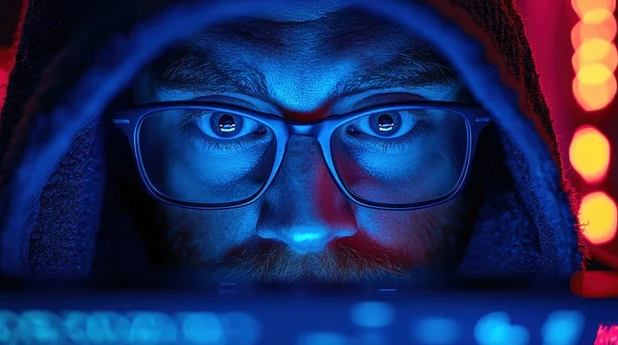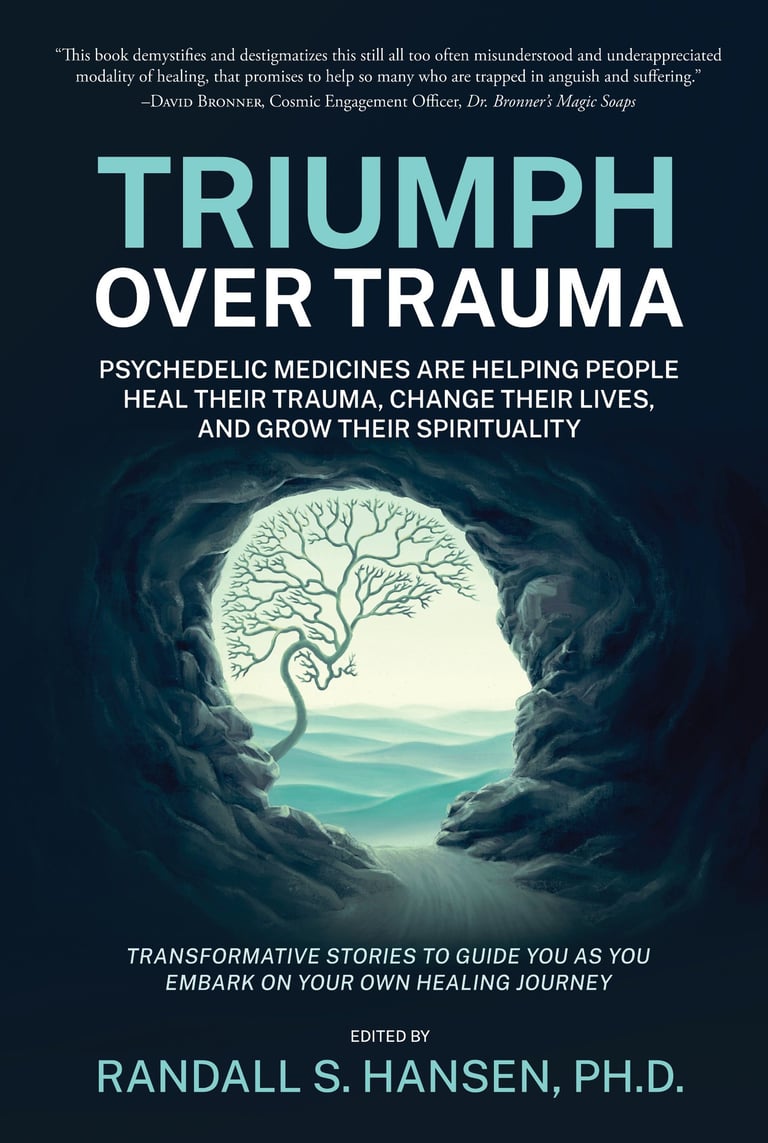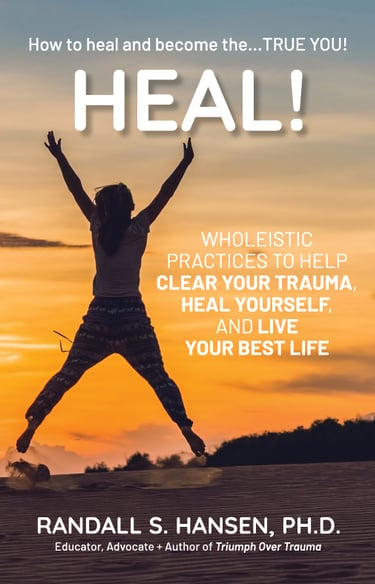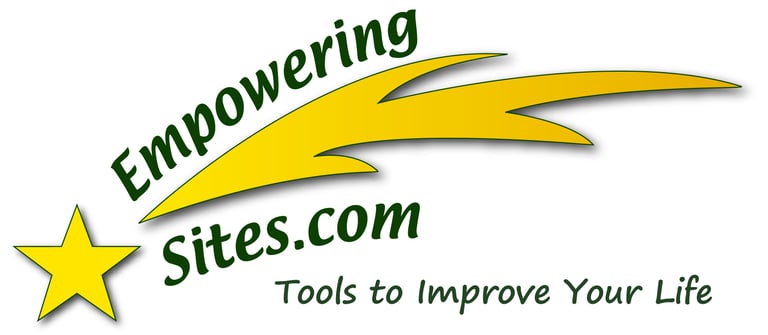What Role Does Porn Play in Your Life?
This article is about freedom, hope, and healing. This article is not about shaming you or making you feel guilty; it’s about shedding a bright and powerful light on a blight and cancer that affects the majority of people, including singles, couples, and communities.
Let’s please take off our masks, stop our excuses, end our guilt, and just admit that porn has a massive hold on humanity, including both men and women. We can call it “adult entertainment” all day, but that’s simply hiding the ugly truth that porn is an affliction affecting the world.
Porn is prevalent in our culture, so much so that the website traffic statistics are astounding. Here are the numbers for the top three porn sites:
Xvideos: 3.3 billion monthly visits worldwide
xnxx: 2.5 billion monthly visits worldwide
Pornhub: 2.3 billion monthly visits worldwide
We folks in the United States dominate in porn viewing, equaling the porn viewership of the seven other top porn-viewing countries COMBINED. Those other top porn-viewing countries include Indonesia, Brazil, France, the Philippines, Japan, Canada, and Mexico.
In fact, according to a study that examined monthly unique visitors and monthly pageviews, Xvideos (owned by the Czech WGCZ Ltd.), the top-ranked pornography website blew away the traffic of many top mainstream sites. It had 700 MILLION more total visits than Amazon, as well as 900 MILLION more total visits than TikTok and 1.3 BILLION more total visits than LinkedIn.
We have a PORN problem. No question. And it includes ALL of us:
61 percent of the population report viewing pornography
78 percent of men watch pornography
44 percent of women watch pornography
73 percent of teens watch pornography (some even while in school)
A recent study suggests that 2.5 million people view online pornography every minute, and that online porn viewing has increased by 91 percent over the last two decades. The average age that children are first exposed to porn is somewhere between 9 and 12 years of age.
Put another way, the porn industry is making huge money from our addiction. In 2023, the “adult entertainment” market was valued at more than $172 billion, and with continued growth, it is expected to reach close to $250 billion by 2030.
Are you still with me, or have you already stopped reading because this subject cuts too close to home?
I speak from experience. I will fully admit when I was deep in my trauma, I was addicted to porn. I had DVDs, cable channels, and the Web, and I took advantage of all of them. I wasted SO many hours of my life… all for that dopamine hit. The porn owned me. The porn changed how I looked at women. The porn both excited and disgusted me.
The porn made me feel shameful and dirty… but none of those things stopped me until I faced my past trauma and integrated the wounds that made me want the porn. It was during that time I also learned how disrespectful and degrading the industry is toward the actors.
I truly believe that our collective porn addiction stems from unresolved past trauma, especially sexual trauma, but studies provide insights into people’s self-reported reasons for watching porn, including seeking:
fantasy
pleasure
boredom avoidance
emotional distraction
stress-reduction
Porn can quickly become an addiction, partly because of the past trauma (which fuels most addictions), but it’s also because of the powerful brain chemicals that get released when people watch porn, including dopamine (which I discussed in an article last week), oxytocin, endorphins, and serotonin. The pleasure and enjoyment we get from viewing porn can actually rewire our brains to make us seek it out more.
Negative Consequences from Porn Viewing
Porn is NOT victimless entertainment, as some like to say.
That said, this section is not about describing how “bad” porn is as an industry that takes advantage of using traumatized women (and men) as “stars” – though it is horrible – but more about how porn negatively impacts us.
The negative consequences of porn:
1. It hurts relationships. The viewing of porn changes the intimacy in real relationships because you have fake intimacy with what you see on the screen while slowly distancing yourself from your partner. Research shows that porn usage is twice as likely to be an underlying factor in divorces or breakups, and it is associated with a 30 percent decrease in commitment and lower relationship quality because porn viewing is basically adultery.
2. It causes unrealistic beliefs about sex. It’s scary when research shows that many teens see porn as a way to better their sex education when the reality is that porn is the most unrealistic and warped example of sex and relationships.
3. It damages body image perceptions. Watching these scripted and edited productions has a grave impact both on how we see our own bodies (and sexual organs), but also how we view the bodies of others, promoting unrealistic images and skewed perceptions of reality and leading to dissatisfaction over our appearances.
4. It perpetuates dangerous stereotypes. Whether it is the demure neighbor, the bookish babysitter, or the sexy step-brother, most porn portrays completely unrealistic but commonly mistaken stereotypes, which becomes dangerous when activated into real-life situations.
5. It normalizes abuse and violence. Most porn is about some form of dominance and abuse/control, and these reinforce to some viewers that these are normal behaviors between and among sexual partners.
6. It promotes sexual dysfunction. Porn actually hurts sexual function – both with interactions with real people, but also because the brain will keep seeking higher dopamine release, driving many viewers to deeper and more intense porn viewing.
7. It limits other opportunities. When people are regularly watching porn, it is a massive time waster that often stops them from achieving more success in other areas, as well as interfering with their daily obligations to work, family, and friends.
8. It harms mental health. Studies clearly show a link between porn viewing and negative mental health issues, including depression, anxiety, self-loathing, and poor self-esteem. It can also drive lower satisfaction with life and a greater sense of loneliness.
Defining Porn Broadly
We can probably agree on the main definition of porn – all the stuff you can see on adult entertainment websites, but I recently watched an extremely powerful sermon from my church on this subject, and I love how Pastor Chris Brown expanded the definition to any kind of websites, photos, movies, books, magazines that promote unhealthy sexual fantasies… because if we are lusting after a character in a book or an actor on the screen, it has the same effect on our hearts and brains. (Watch the sermon here.)
The moment the fantasy person takes hold in our brain, we are literally cheating on our partners if we have one, or cheating ourselves from finding a potential partner – because the fantasy becomes so much better than our reality.
Sadly, on TikTok, I have already seen an ad from “Your AI Girlfriend,” who will always be there for you, and who will soothe your ego, make you feel important, and do everything you command “her” to do. If that’s not a scary future reality… of course, a virtual reality porn girlfriend is even an scarier concept.
We Christians Have a Problem
Porn cuts across all ages, cultures, demographics, and all religions. Porn is a sin by any definition for Christians, and yet many Christians self-report they have a problem with it. In fact, according to research, among Christians who have attended services within the last month, more than half say they view pornography at least occasionally.
Not surprisingly, it is not just we folks in the congregation, but numerous pastors and ministers admit to struggling with porn.
The saddest part? According to a report from the Barna Group, “almost two-thirds of all Christians (62 percent) agreed with the statement that “a person can regularly view pornography and live a sexually healthy life.” Amazingly, that number is only four percentage points behind all U.S. adults at 66 percent who don’t consider viewing pornography harmful.
Solving the Porn Problem
First, it’s important to remember that viewing porn is an epidemic. You are not alone, and there are resources to help, from counseling to support groups to plant medicines.
Second, if you want to truly break free from porn, you must heal your trauma wounds. You might not believe or remember that you have experienced trauma, but just about every single person has experienced one or more types of trauma. It is imperative to explore and heal your past. (Find healing resources here.)
Third, once the first two steps are completed, you need to actively and consciously rewire your brain with healthier options, from spending more time with family and friends to developing a new hobby or spending more time in nature. I can tell you from personal experience, your brain will fight you on this issue, but the key is staying strong and forgiving yourself if you do slip back momentarily. You might also consider putting a block on your computer or phone to help give you the fortitude.
Fourth, persist and keep focused on mindfully changing your habits. Your brain is a quick learner, though it also likes to hold on to pleasure paths, so you may find yourself thinking about sliding back into watching porn (and perhaps even do it). The key is simply forgiving yourself for any slip-ups/setbacks and continuing to forge a path forward to healthy relationships and healthier options.
Final Thoughts on Freedom From Porn
Many of us are self-medicating all that’s wrong in our lives with porn viewership… and it’s getting worse.
You may not feel as though you are addicted to porn, and you could be correct, but for the rest of us, once our brains discover a method to release those happy brain chemicals, it becomes extremely difficult to stop… and our past trauma justifies this addiction because we are so broken inside.
I encourage you to dive deeper into your motives and use of porn, as well as a deeper examination of what happened to you in your past so that you can heal.
I also encourage you to dig into all these topics with the resources listed below.
Additional Understanding Our Porn Addiction Resources
Dr. Randall Hansen is an evangelist, educator, and thought-leader... helping the world heal from past trauma and the poor food system. He is founder and CEO of EmpoweringSites.com, a network of empowering and transformative Websites, including EmpoweringAdvice.com.
He is the author of the groundbreaking Triumph Over Trauma: Psychedelic Medicines are Helping People Heal Their Trauma, Change Their Lives, and Grow Their Spirituality and the well-received HEAL! Wholeistic Practices to Help Clear Your Trauma, Heal Yourself, and Live Your Best Life.
The third book in the Wholeistic Healing Trilogy is the game-changing The HEALing Revolution Diet: A Science-based Approach to Heal Your Gut, Reverse Chronic Illnesses, Lose Weight, Clear Your Mind, and Increase Longevity.
Dr. Hansen's focus and advocacy center around true health and healing journeys that results in being able to live an authentic life filled with peace, joy, love. Learn more by visiting his personal Website, RandallSHansen.com. You can also check out Dr. Randall Hansen on LinkedIn.







